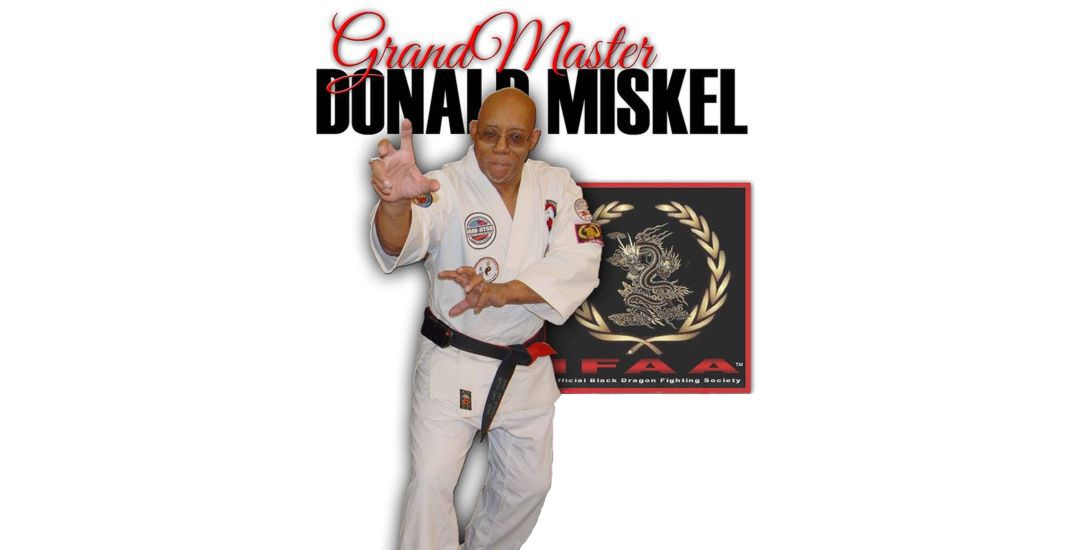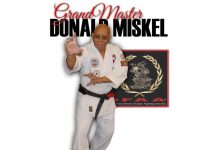It has been a lifelong endeavor for me to truly master the martial arts. I have dedicated nearly 55 years of my life to that end. Still striving. Still seeking. Still studying. I am considered a martial arts masters among my peers and a grandmaster in some circles but I have better sense than to become too enamored with my ability. Age, injury and several radical surgeries have taken their toll on this old body but so far my mind is as clear as ever. Which, by the way, isn’t saying much but it is what it is.
I HAVE OFTEN ASKED MYSELF WHAT IS MARTIAL ARTS MASTERY. What describes that rarified level of knowledge and ability? Is it a powerful gyaku zuki (reverse punch) or a blazingly fast yoko kekomi geri (side thrust kick)? How about the signature oi zuki (lunge punch) or the mae geri (front kick). Will mastering these moves make one a master? Good question. I’m still trying to find an answer to it. I remember when I could deliver a mawashi geri (roundhouse kick) that would scorch your gi. Today I can barely throw the same technique waist high due to a couple of back surgeries. Everything fused, nothing bends. Not the best situation for a karate/kempo sensei. Still I strive for mastery and have learned to reinvent myself as a martial artist. But then this isn’t about me.
In the early days of my martial arts training I was attracted to the most radical and acrobatic techniques I was capable of doing. Spinning kicks, jump kicks, flying kicks were the order of the day and that was before the popularity of taekwondo in the Midwest where I resided. Like most youngsters I was attracted to the theatrical. But is this the martial arts of the master?
In order to reach grandmaster level, (eighth dan and above) a good forty or fifty years of training has been dedicated to training, practice and teaching. A lot happens to the body in that amount of time, much of it not good. What you were able to pull off at twenty you’ll be hard pressed to duplicate with any authority at sixty. Let’s face it, we do get old. Either that or we get dead which isn’t conducive to training. Which brings up another peripheral question. Will there be karate in heaven? As a minister and Christian martial artist I concern myself with such questions. Interesting conjecture but let’s get back on track. Is a master a master as his ability wanes? Unfortunately knowledge and ability seem to grow in opposite directions as we age. We know more but we can do less. If this isn’t you just give it a bit more time. You’ll get there.
It has been my conjecture that a master is a master more for what he knows and what he has accomplished than what he is still able to do. Otherwise one will be a master for a while and slide back down the scale to a beginner. For mastership knowledge is key. Being able to transmit what you know into the lives of others. That is the true role of the master.
Real karate, or any other martial arts resides in the kyohan (the basic techniques). It isn’t the eye catching, mind boggling esoteric techniques that describe the master. When all is said and done any real martial art describes its worth on the field of battle. True any martial arts ‘do’ will accomplish much more than making a person a proficient fighter, which is good since violence is antisocial, but in the long run the martial arts are about fighting. Not about kumite, waza or kata though all three contribute to the ability of the fighter. In its rawest manifestation the martial arts are just that; martial. It’s about combat, fighting and self defense. If the arts don’t work in those areas they don’t work at all. It’s nice to build character and teach discipline but there are possibly easier and less traumatic way of doing that without the bruises and contusions that accompany the study of any fighting discipline. In the end, if you can’t fight, you aren’t much of a martial artist. You’re merely a paper tiger.
Back to the beginning of this essay. Karate is effective because of its basics. Everything else is superfluous. Basics are what work in a real confrontation. When the blood is inundated with adrenaline and the heart rate peaks eye hand coordination basically disappears. Simplicity becomes the redeeming factor in such a situation. Gross motor skills are what work.
I would like to tell you that all those beautiful and flashy techniques that you perfected for last Saturday’s demonstration will work in the streets but I would probably be misleading you. Basics work. Simplicity offers a better chance of success. Leave those fancy techniques for the stage. That’s where they’ll get the applause. Don’t allow those flashy techniques to leave you broken and bleeding in the streets. Likewise instill a sense of reality in your students. If you teach karate or any other martial discipline as a sport be honest with your students. What works on the tournament floor doesn’t necessarily work in the streets. A master instills reality into his students. He doesn’t inundate him with false and maybe dangerous expectations. A real master will take his student to where he needs to be as a martial artist.
Lastly, to cement my argument let me go to one of the great authorities on karate. Master Gichin Funicoshi stated that taikioka is the kata for the beginner. Then he turned around and stated that taikioka is the kata for the master. How can this be? Sounds like the classic oxymoron but in this truth lie the key to mastery of the arts. A young martial artist relies on his youth and physical prowess. That will only take him so far. Especially if he intends to continue practicing his art beyond his youth. As he continues to pursue his art he’ll eventually learn that there is a deeper depth and greater knowledge to be had and that resides in the basic foundational techniques of his art. Every sound building rests on a good foundation. Without it it doesn’t matter what good material you build with. Your building will be built on and in futility. A structure is no better than the foundation it stands on. In the martial arts mastery resides in the basics.
Be realistic in your studies and training. Teach realistically. You’ll be much happier with your accomplishments and in the end your students will appreciate it. Remember that martial arts mastery resides in the basics.
Train hard my brother and go with God.




